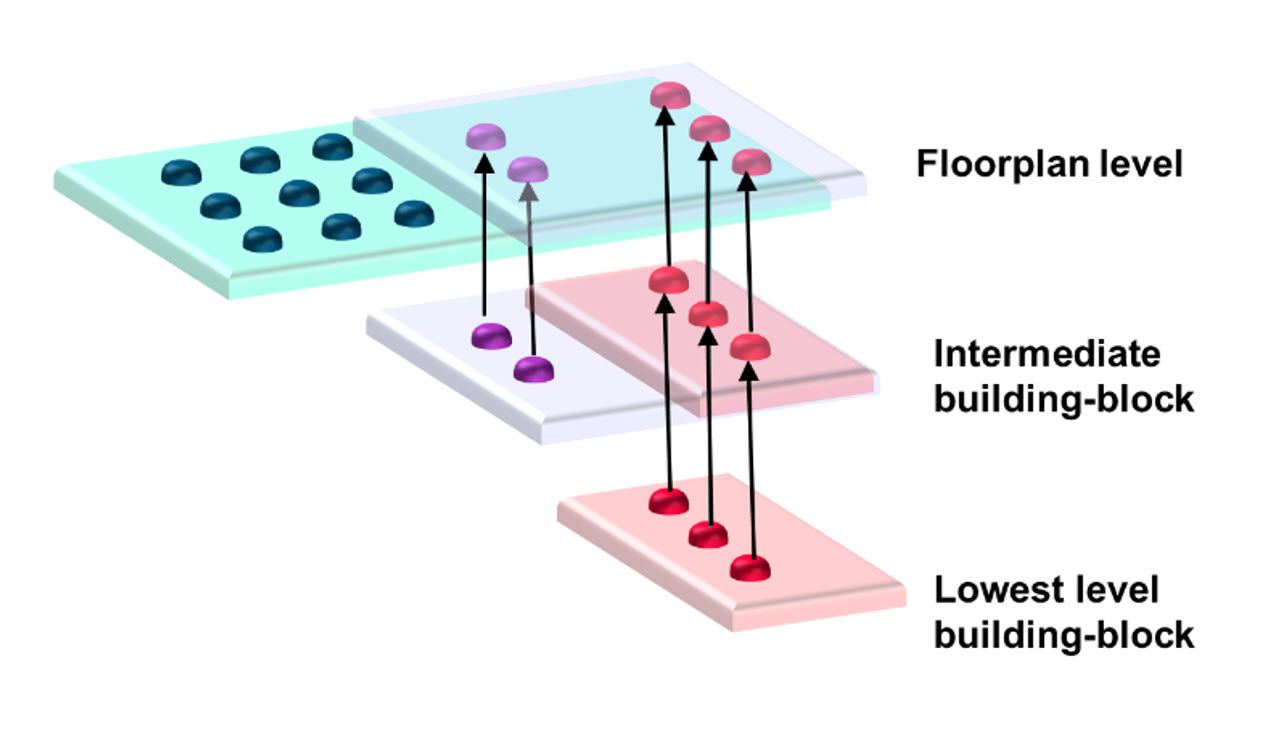Throughout history, people have sought after security as a basic right and expectation within a civilized society. Even as recent as a few centuries ago, things were very simple. Subjects looked to their rulers to provide security for their lives and assets. Assets were mostly hard assets such as jewelry, coins or real estate. … Read More
Dan is joined by Dr. Walden Rhines. Dan and Wally explore Intel’s re-entry to the foundry business. What is different this time and the implications of a worldwide supply chain are just some of the topics discussed in this far-reaching discussion of what lies ahead for the semiconductor industry.
The views, thoughts and … Read More
Over the recent years, the volume and velocity of discussions relating to chiplets have intensified. A major reason for this is the projected market opportunity. According to research firm Omdia, chiplets driven market is expected to be $6B by 2024 from just $645M in 2018. That’s an impressive nine-fold projected increase over… Read More
We’re living in an era of good growth for semiconductor design companies, and it’s no secret that each new SoC that comes along contains hundreds of IP blocks, so IP design re-use is just an accepted way of getting to market more quickly with lower risks. But how do we really know that all of the new IP is really correct? … Read More
I recently had a discussion with Tom Fitzpatrick of Siemens and Faris Khundakjie of Intel on the latest release of the Portable Test and Stimulus Standard (PSS). Faris chairs the PSS working group and Tom is vice-chair. In what follows I synthesize feedback from both, sometimes I call out interesting individual comments. My first… Read More
I’ve written before about how the automotive industry adheres to functional safety (FS) as defined in the ISO 26262 standard, along with other SemiWiki bloggers. That standard certainly defines the What part of FS, however it doesn’t mandate how you meet the standard, what tools you should be using, file formats … Read More
Fuzzing is to software verification what randomization is hardware verification. Can a fuzzing approach improve hardware security testing? Paul Cunningham (GM, Verification at Cadence), Raúl Camposano (Silicon Catalyst, entrepreneur, former Synopsys CTO) and I continue our series on research ideas. As always, feedback… Read More
As process technologies have advanced, the difficulties in performing etch operations have increased. New structures and chemistries have created challenges in monitoring these complex operations. For instance, 3D-NAND structures call for high aspect ratio (HAR) trench etching. Likewise, in addition to involving Al, … Read More
















AI RTL Generation versus AI RTL Verification